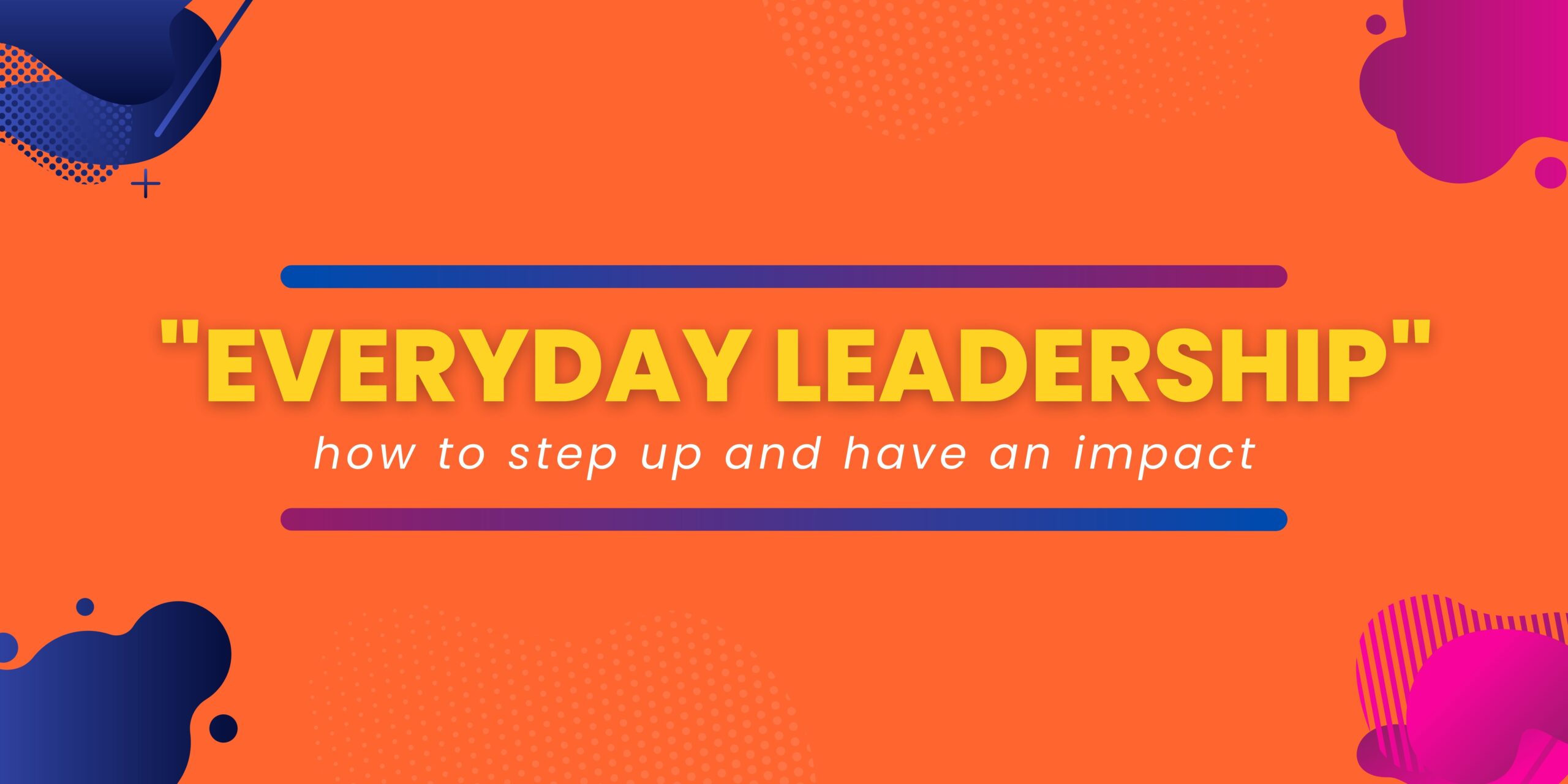In the last couple of months, I was thinking a lot about leadership.
It was not some deliberate targeted effort, it was more unplanned and it just naturally happened. I think the root cause for that was the fact, that I realized the difference between a “manager” or worse a “career manager” and a “leader”.
I am surrounded, more or less closely, by some exceptional leaders like David DeWolf, Scott Varho, Filip Zednicek, and many others. That sparked my curiosity, and I wondered how could I start working to become a leader like those role models in the future.
I started to ask myself questions like:
- What does it mean to be a leader?
- What do I expect from a leader?
- What would anyone expect from a leader?
- Is it a more natural skill or something you can learn?
- Are extrovert people better suited to become leaders, or can introverts lead with success?
And many more questions like that…
I wanted to start acting more like a leader, while not being a manager.
And I believe that the ground truth I was desperate to discover was the answer to this idea:
The root essence of leading people is the ability to influence those people and help them to be better.
Help them achieve something.
Help them to move from the spot.
That means you HAVE an IMPACT on those people.
After I realized that, I had to ask myself:
How could I do that, not being a manager with a team, but just an ordinary individual contributor?
The first answer to that question I could find was this, and I will use it as an example:
I heard something about a “coding dojo”.I started wondering how great it would be to throw one for my colleagues?
That obviously needed some plan. I will try to describe to you, how I proceeded and what next steps I have in mind to give this activity really outsized impact.
Step one – research.
I went online and read anything reasonable I could find about coding dojos. How to organize those events, what works and what doesn’t. It took me quite some time, but I learned a lot and had a clear idea of how to throw the first event.
(a little spoiler – I successfully organized two coding dojo events already and I will add some articles about it soon)
Step two – start small and get help.
Once I had a clear vision for the first session, I decided it would be good to get some help and I asked two colleagues of mine to facilitate the session with me.
I booked the conference room, send out the invites, and advertised the session a little bit on our internal chat.
People are visual creatures so I prepared fancy-looking slides in company colors to help us facilitate the session, explain the “game rules” etc.
Step three – learn&scale up
I learned a lot from the feedback on the first session and decided that it would be great to turn the one-time event into something regular. This is going well as it seems that people really like it (we have like 70% attendance rate) and it is transforming into a regular once in two months event.
Step four – scale up again
This is a planned step that I am trying to make happen right now.
I was wondering – how to scale it further up?
So I am preparing a “How to throw your local coding dojo” portal with all the information, motivation, etc. for the whole organization. I want to also do some online sessions to motivate people. (which will be challenging).
If this will be a success (And I strongly believe in it) the impact will be huge.
Much bigger than I initially thought.
So, to wrap up on the topic of “Everyday Leadership”:
I believe that anybody can act as a leader – it’s all about stepping up and influencing the people around us in a good way.
I call it “everyday leadership”.
You can start small.
You can scale it up.
You don’t need to be a manager to act as a leader.
Just think, what could I do for people around me to help us all be a little bit more successful as a team.
For me, leadership is not about my personal satisfaction – in fact, sometimes you need to put your pride aside to be a better leader – because, in the end, it’s not about you.
It’s about the team.
Hope it makes at least a bit of sense and thanks for reading.
I am keen to hear from you.
Pavel.

Programmer, tech enthusiast, and storyteller. Don’t hesitate to contact me 🙂
